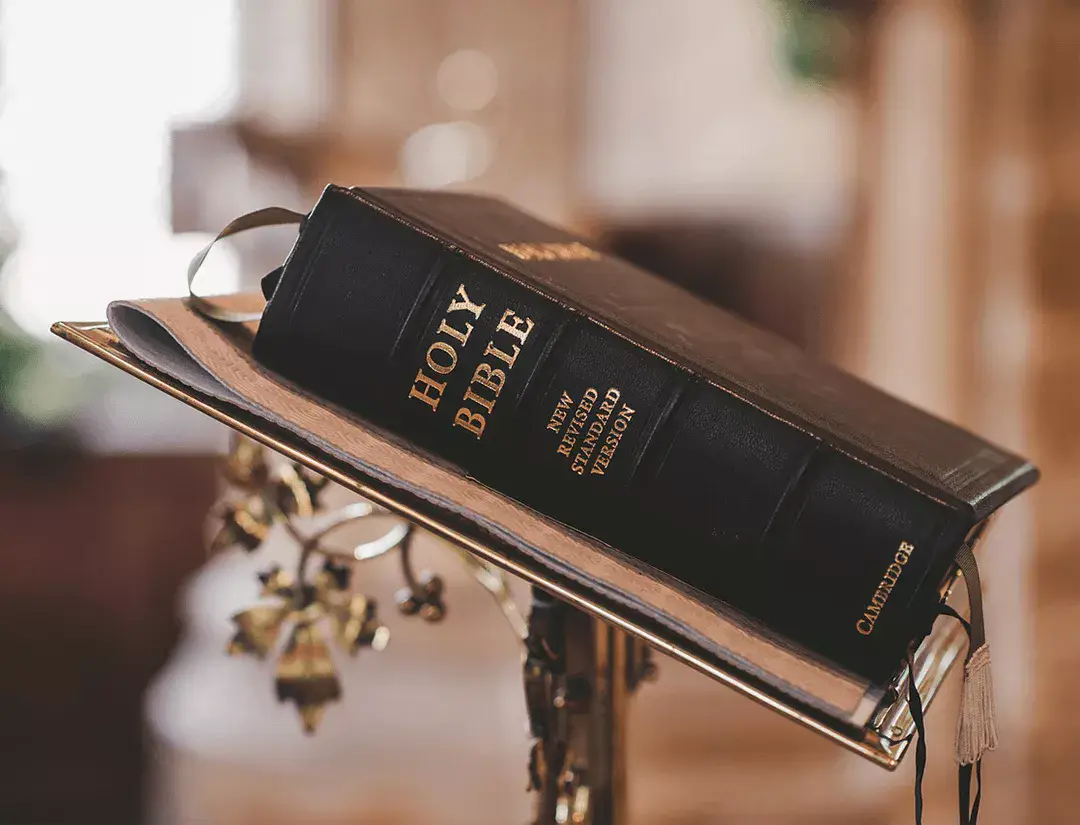Language
 Directory
Directory
Deuteronomy
Levitical priests

1. Levitical priests were a specific group of priests who were descendants of the tribe of Levi in ancient Israel. They were responsible for carrying out religious duties and offering sacrifices in the Tabernacle and later in the Temple in Jerusalem. Their story and role are described in various parts of the Old Testament, including the book of Deuteronomy.
2. In the book of Deuteronomy, Moses addresses the Israelites before they enter the Promised Land. He provides them with instructions on how to live as a holy nation and emphasizes the importance of worshiping and following God's commandments. Part of these instructions includes the establishment of a priesthood from the tribe of Levi.
3. Moses designates the Levites, specifically the descendants of Aaron, as the priests who would serve in the sanctuary and offer sacrifices on behalf of the people. This is outlined in Deuteronomy 10:8-9, which states, "At that time the LORD set apart the tribe of Levi to carry the ark of the covenant of the LORD, to stand before the LORD to minister to him and to bless in his name, to this day. Therefore Levi has no portion or inheritance with his brothers. The LORD is his inheritance, as the LORD your God said to him."
4. According to Deuteronomy, the Levitical priests were given specific responsibilities, including maintaining the sanctity of the Tabernacle or Temple, offering sacrifices, teaching the people God's laws, and mediating between God and the people. They were entrusted with upholding the religious rituals and ensuring that the Israelites remained faithful to their covenant with God.
5. The Levitical priests were not allotted any land of their own but were sustained through tithes and offerings provided by the people. They were considered a spiritual and administrative authority within Israel and played a crucial role in the religious life of the nation.
6. The story of the Levitical priests in Deuteronomy illustrates the importance of a dedicated priesthood in facilitating the worship of God and upholding the spiritual life of the community. It highlights the special calling and responsibilities given to the descendants of Levi, particularly the priestly line of Aaron, to act as intermediaries between God and the people of Israel.




 Previous
Previous







